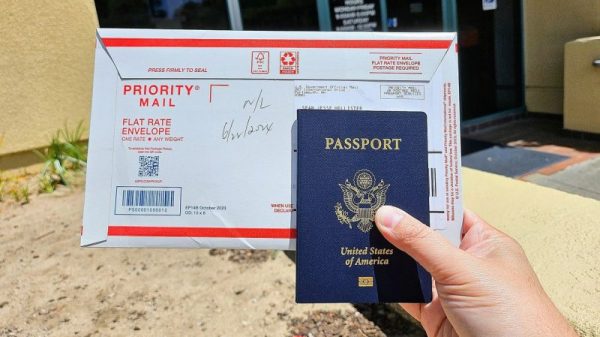Is there *any* legal outcome, including in possible future cases, that could bar Trump from running?
— Asked April 4 in our election live chat
The Constitution does not bar a person convicted of a crime from serving as president. Former president Donald Trump, who was twice impeached by the House of Representatives, was not convicted by the Senate in either case. In December, the final report of the House committee investigating the Jan. 6, 2021, attack on the U.S. Capitol recommended Trump be barred from ever serving in public office again over possibly inciting that day’s insurrection.
Answered by Matthew Brown
End of carousel
Trump was indicted on 34 counts of falsifying business records in March by a Manhattan grand jury. He was then indicted twice on federal charges: In June, Trump was charged for keeping hundreds of classified documents in his possession after leaving the White House. On Aug. 1, he was charged in connection with what prosecutors allege was a plan to overturn the results of the 2020 presidential election.
Trump was also indicted in Georgia on Aug. 14, along with 18 other people, in connection with their efforts to reverse Trump’s 2020 election loss in the state. A total of 41 counts were brought against the 19 defendants, with Trump facing 13 charges.
In the Justice Department’s election interference investigation, prosecutors could have charged Trump with “engaging in insurrection or rebellion,” which would disqualify him from office under the Constitution’s 14th Amendment. The federal government very rarely brings that type of charge and has not done so against Trump.
Is there *any* legal outcome, including in possible future cases, that could bar Trump from running?
— Asked April 4 in our election live chat
The Constitution does not bar a person convicted of a crime from serving as president. Former president Donald Trump, who was twice impeached by the House of Representatives, was not convicted by the Senate in either case. In December, the final report of the House committee investigating the Jan. 6, 2021, attack on the U.S. Capitol recommended Trump be barred from ever serving in public office again over possibly inciting that day’s insurrection.
Answered by Matthew Brown
End of carousel
Trump was indicted on 34 counts of falsifying business records in March by a Manhattan grand jury. He was then indicted twice on federal charges: In June, Trump was charged for keeping hundreds of classified documents in his possession after leaving the White House. On Aug. 1, he was charged in connection with what prosecutors allege was a plan to overturn the results of the 2020 presidential election.
Trump was also indicted in Georgia on Aug. 14, along with 18 other people, in connection with their efforts to reverse Trump’s 2020 election loss in the state. A total of 41 counts were brought against the 19 defendants, with Trump facing 13 charges.
In the Justice Department’s election interference investigation, prosecutors could have charged Trump with “engaging in insurrection or rebellion,” which would disqualify him from office under the Constitution’s 14th Amendment. The federal government very rarely brings that type of charge and has not done so against Trump.























